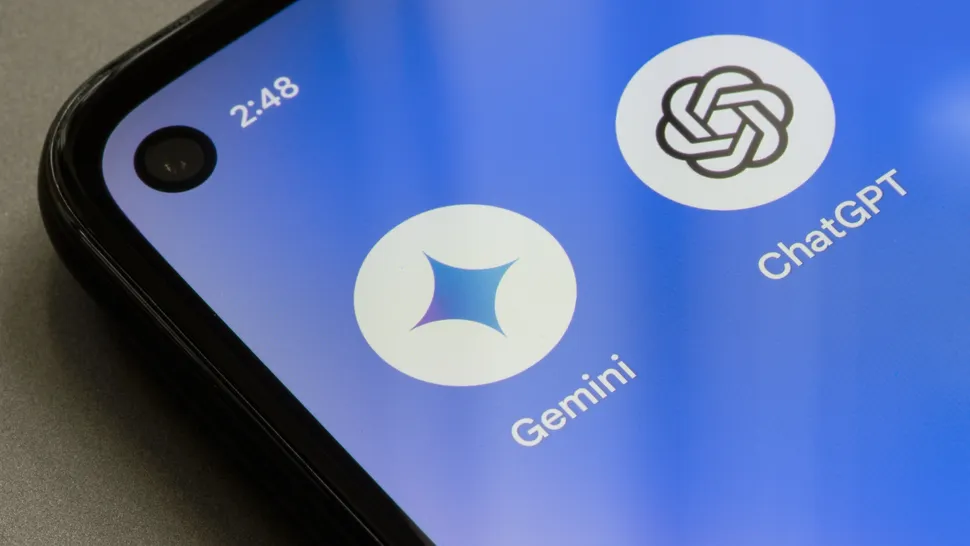Eric Schmidt, the former CEO of Google, has raised concerns about the potential dangers of artificial intelligence (AI) being used by terrorists and rogue states to harm innocent people.
Schmidt, who held senior roles at Google from 2001 to 2017, told the BBC that his main worry isn’t the common concerns about AI.
Instead, he highlighted the extreme risks, particularly the possibility of countries like North Korea, Iran, or Russia using AI to develop biological weapons or other harmful technologies.
AI in the Wrong Hands
Schmidt warned that these nations could quickly adopt and misuse AI technology to cause significant damage. He described a possible scenario where AI is used to create dangerous weapons, like biological agents.
Schmidt pointed out the potential for a “bad biological attack” by individuals with harmful intentions, referencing the terror of Osama Bin Laden’s tactics, who orchestrated the 9/11 attacks.
As AI technology develops rapidly, Schmidt believes that governments must oversee its progress without over-regulating it. While he supports oversight, he also warned that excessive regulation could slow down the innovation of powerful technologies.
Concerns Over AI and Government Control
Schmidt also commented on the global stance toward AI regulation. He agreed with U.S. export controls on powerful microchips, a measure to slow down rival nations’ advancements in AI.
However, he emphasized that tech companies will largely drive the future of AI, and governments must understand the developments happening within the sector.
He also warned that Europe’s strict regulations on AI might prevent the continent from leading in this transformative field, saying that the AI revolution—comparable in importance to electricity—might be stifled there.
Smartphones and Children’s Safety
In addition to his comments on AI, Schmidt spoke about his views on smartphone use by children. He admitted that, during his time at Google, the company didn’t fully understand the consequences of smartphone usage. Schmidt now advocates for limiting children’s access to smartphones and social media.
He believes that smartphones should be safe for children but need proper moderation. Schmidt also supported proposals to prevent children under 16 from using social media. His concerns align with studies suggesting that excessive smartphone use is detrimental to children’s development and well-being.
Schmidt’s warnings on both AI and smartphones highlight the need for careful regulation and consideration as we continue to advance in technology.










Leave a comment